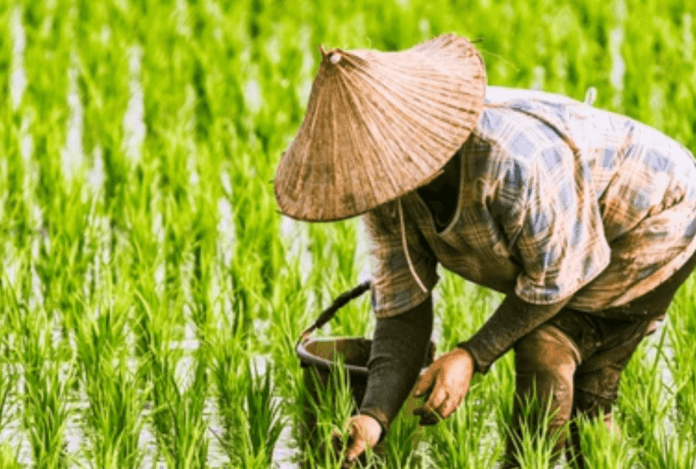News in Brief:
– A new program aims to make sending and receiving money easier for Tajikistan migrant workers and their families, especially in rural areas.
– This initiative could significantly benefit Tajikistan farmers by increasing access to capital and financial services.
Recognising the significant role of migrant remittances in the national economy, Tajikistan’s Financing Facility for Remittances (FFR) under PRIME Central Asia has launched the Migrant Contributions for Development Call for Proposals 2024 (CfP24).
This initiative seeks innovative proposals designed to enhance financial inclusion, particularly in rural areas, and support the sustainable reintegration of returning migrant workers.
The CfP24 welcomes proposals from both individual Tajik organisations and those working across the Central Asian region. This collaborative approach fosters knowledge sharing and the development of best practices applicable across borders.
With an increasing number of Tajiks returning home due to global economic shifts, the CfP24 presents a timely opportunity. By strategically leveraging remittances, Tajikistan can transform this demographic change into a catalyst for long-term rural development.
The importance of digital remittance solutions
The CfP24 underscores the strategic importance of remittances in Tajikistan. Millions of Tajiks working abroad send vital financial resources back home, contributing substantially to the country’s GDP. However, traditional remittance transfer methods often limit access to essential financial services, especially for remittance-receiving families in rural communities.
The call for proposals seeks to address this challenge by encouraging proposals that promote the use of digital remittance solutions. This could encompass mobile banking applications, financial literacy training programs for remittance recipients, or the development of micro-loan programs specifically designed to empower returning migrant workers.
The ultimate objective is to create a more robust rural economy by fostering financial inclusion for both remittance-receiving families and returning migrants. This can translate into the creation of new rural businesses, increased agricultural productivity, and overall economic diversification.



